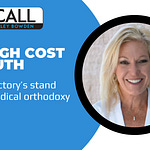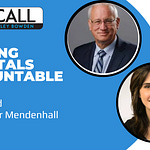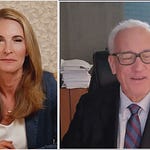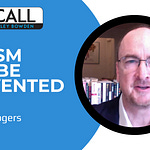Dr. Drew Pinsky, a renowned physician and media personality, joined me to share insights into his diverse career, personal life, and evolving views on addiction medicine, mental health, and controversial topics like marijuana legalization.
Dr. Drew’s multifaceted background weaves together medicine, media, and music, with his early training as an opera singer leading to performances at charity events and national anthems for sports teams, though a vocal injury (varices and reflux) halted this passion, necessitating vocal rehab and possible laser surgery. His personal life as a father of triplets and now a grandfather offers a relatable glimpse into the challenges of parenting under pressure, with a humorous nod to the “PTSD” of revisiting those days. An asteroid named after him, a gesture from a fan and astronomy professor, underscores his cultural impact beyond medicine, stemming from his radio show fame.
Dr. Drew ‘s initiation into addiction medicine began when he moonlighted at a psychiatric hospital during residency, and he spent over 30 years refining the medical management of psychiatric patients and drug withdrawal. He describes a disciplined, evidence-based approach to detox, contrasting the haphazard methods he encountered early on, such as using antipsychotics for alcohol withdrawal, which led to severe complications. His structured protocols, involving benzodiazepines, magnesium, and thiamine, transformed detox into a systematic process, improving patient outcomes. This evolution reflects his broader realization that addiction treatment extends beyond detox to long-term brain healing and addressing underlying psychological factors.
Dr. Drew’s views on addiction have matured significantly. Early in his career, he misunderstood addiction as solely about stopping drug use, underestimating its complexity. He also struggled with codependency, initially empathizing excessively with patients, which some exploited. Over 15 years, he learned to set boundaries and manage patients with trauma and character pathology effectively, adopting a less confrontational approach. He critiques the popularized “Dr. Phil” style of confrontation, advocating instead for “therapeutic wonderment”—a technique of gentle questioning that fosters authentic patient responses without triggering defensiveness.
Dr. Drew expresses concern about its psychosis-inducing potential, particularly with high-potency concentrates in legalized states like Colorado. He cites increased ER visits, including for anticholinergic delirium in older adults, and references Alex Berenson’s book Tell Your Children, which links marijuana to mental illness and violence. His daughter’s sobriety journey reinforces his stance, as she embraced Berenson’s findings after overcoming cannabis addiction.
Dr. Drew avoids dogmatic positions, emphasizing clinical judgment over rigid adherence to literature, a principle he applies to debates like ivermectin use, where he respects differing physician opinions. On emerging treatments, Dr. Drew is skeptical of psychedelics like LSD, psilocybin, and ketamine for mental health. He describes LSD’s neurotoxic effects, citing cases of personality changes and mood disturbances, and questions the bioethics of chemically induced personality shifts. Psilocybin and ketamine show limited therapeutic promise in controlled settings (e.g., end-of-life care or recalcitrant depression), but he warns of risks like mania or addiction relapse with misuse. His clinical experience prioritizes evidence-based, long-term interventions over trendy solutions.
Dr. Drew’s reflections underscore the value of clinical judgment, shaped by decades of experience, over reliance on literature alone. His support for medical freedom, echoed by his affiliation with organizations like The Wellness Company, aligns with patient-centered care. Dr. Drew blends expertise, empathy, and skepticism, advocating for nuanced approaches to addiction and mental health while championing the doctor’s role in navigating complex medical landscapes.









